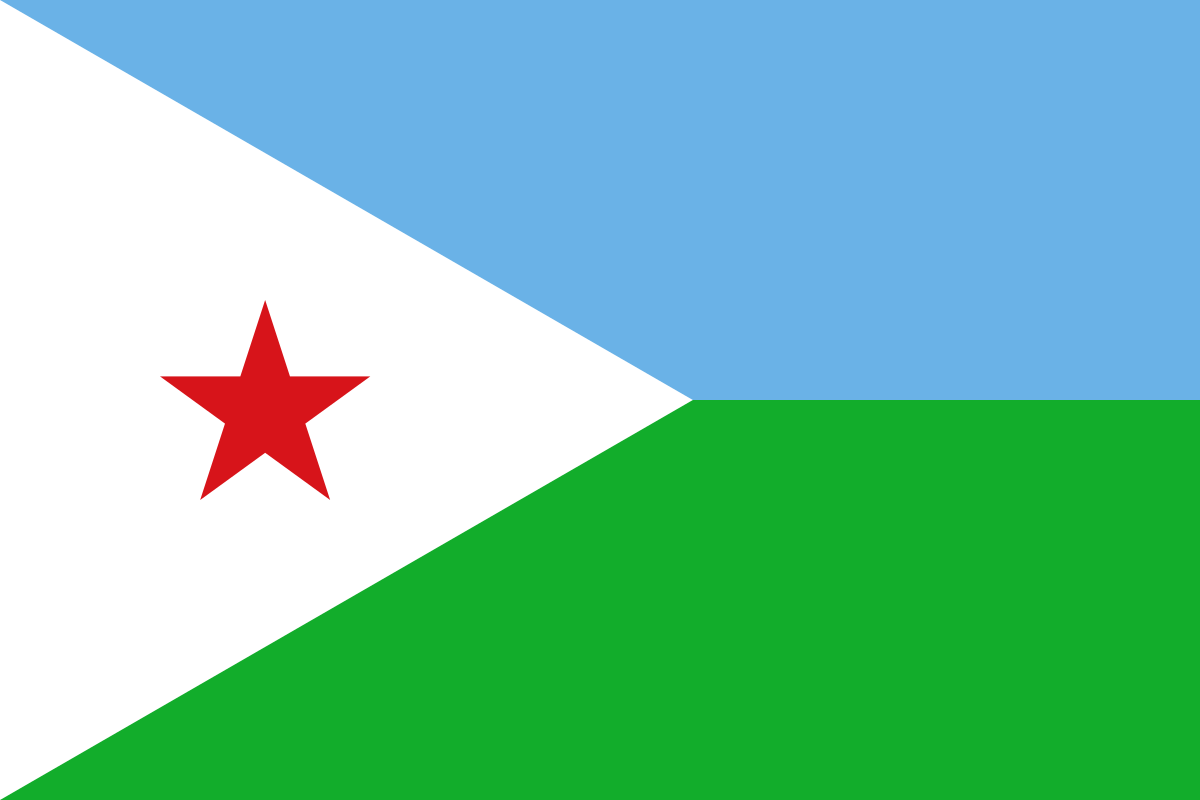Discover Djibouti
Djibouti is a Horn of Africa nation with a unique blend of history, culture, geography, and politics, shaped by its strategic location and diverse population. Its economy is largely driven by its port facilities and regional transportation infrastructure, while its social fabric is characterized by a mix of traditional and modern influences.
History:
Djibouti gained independence from France in 1977 and is a member of the United Nations. Its early history includes periods of rule by various powers, including France.
Culture:
The culture of Djibouti is a mix of Afar and Somali traditions, with Islam being the predominant religion. French and Arabic are the official languages, while Afar and Somali are national languages.
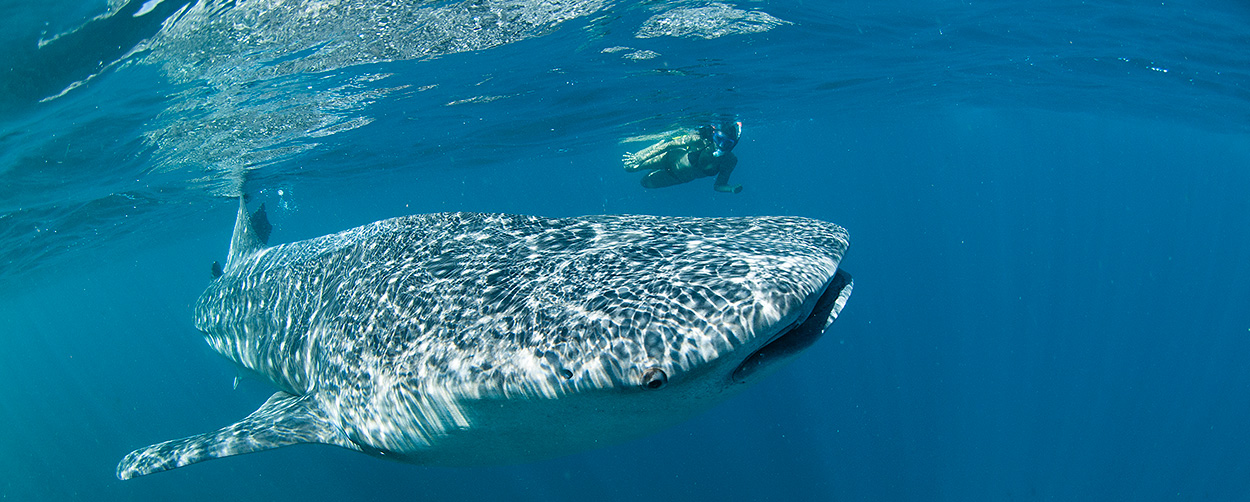
Geography:
Djibouti is a small country located in the Horn of Africa, bordered by Somalia, Eritrea, and Ethiopia. Its geography is characterized by a sub-tropical desert climate.
Politics:
Djibouti is a republic with a semi-presidential system, where the president is head of state and the prime minister heads the council of ministers.
Education:
Djibouti’s education system includes primary, lower secondary, and upper secondary levels, with the academic year beginning in September and ending in May.
Social:
Djiboutian society is communal, with strong family bonds and clan affiliations playing a central role.
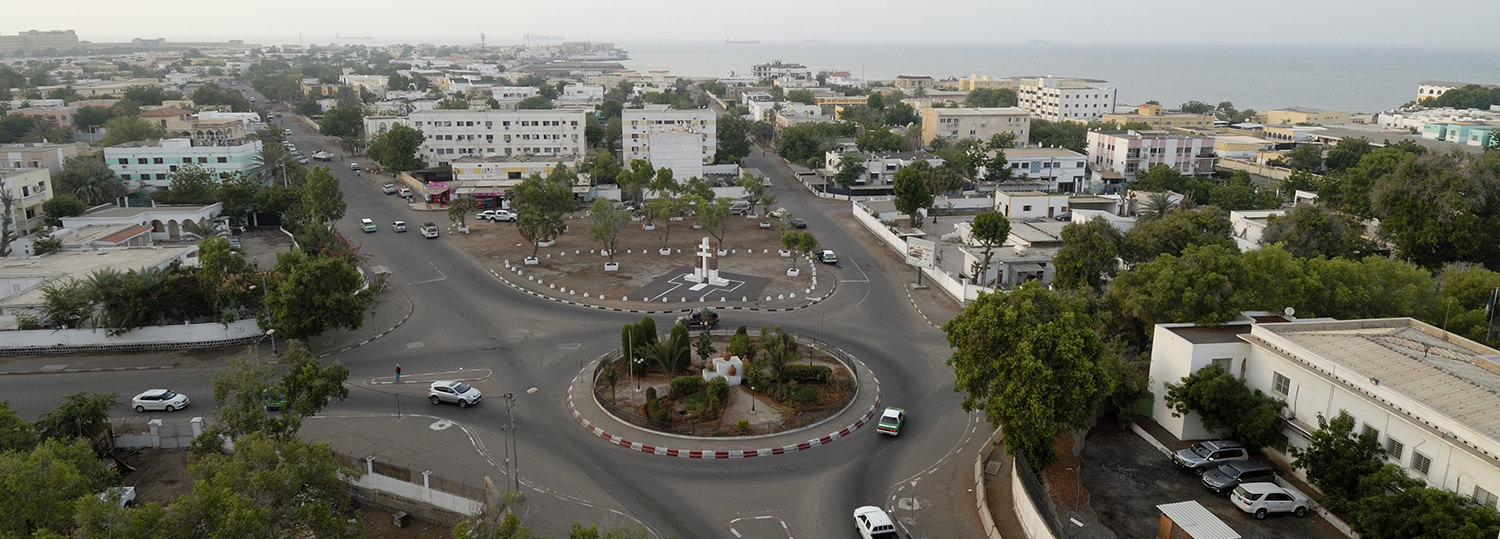
Technology:
Djibouti is focusing on technological development, particularly in the areas of digital technologies for economic and social development.
Economy:
The Djiboutian economy is largely dependent on its port facilities and regional transportation infrastructure, with a focus on infrastructure development and economic diversification. The country has a mixed economic system, with both private and government involvement.
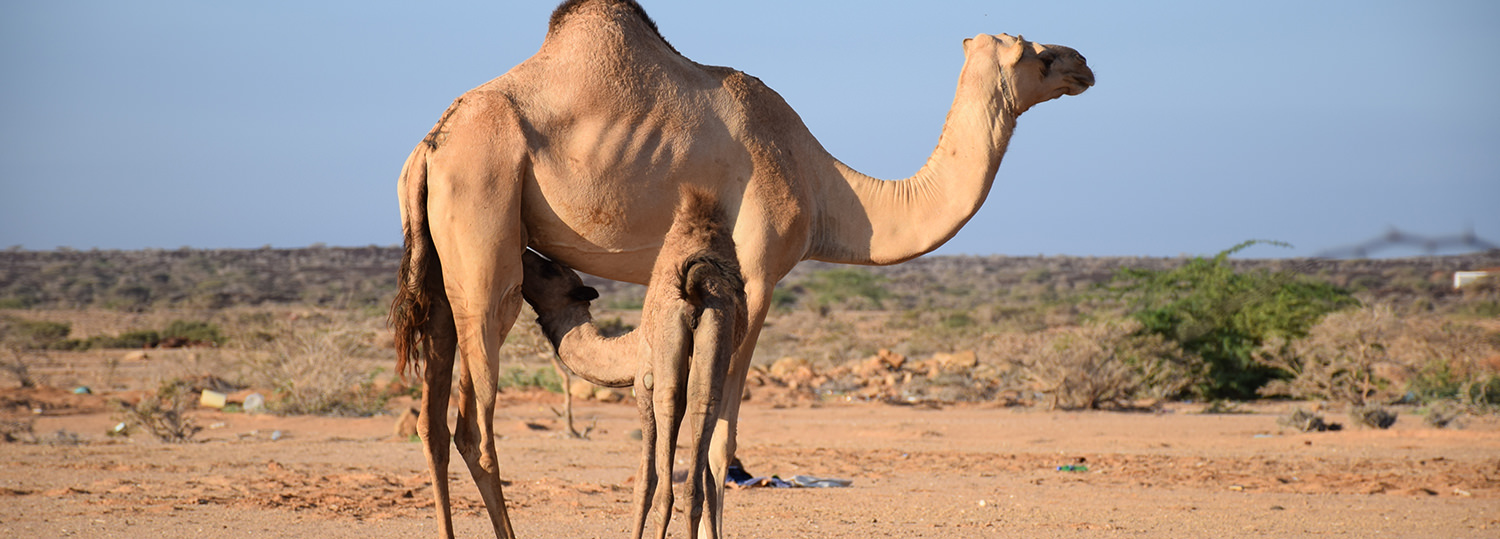
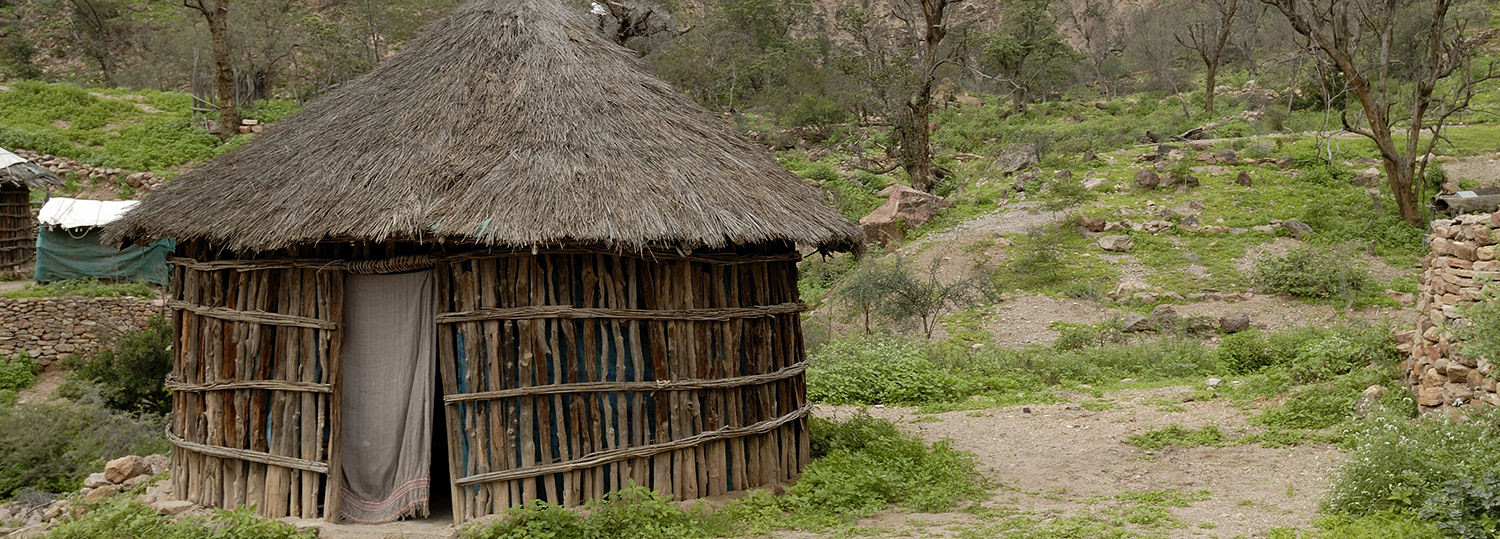
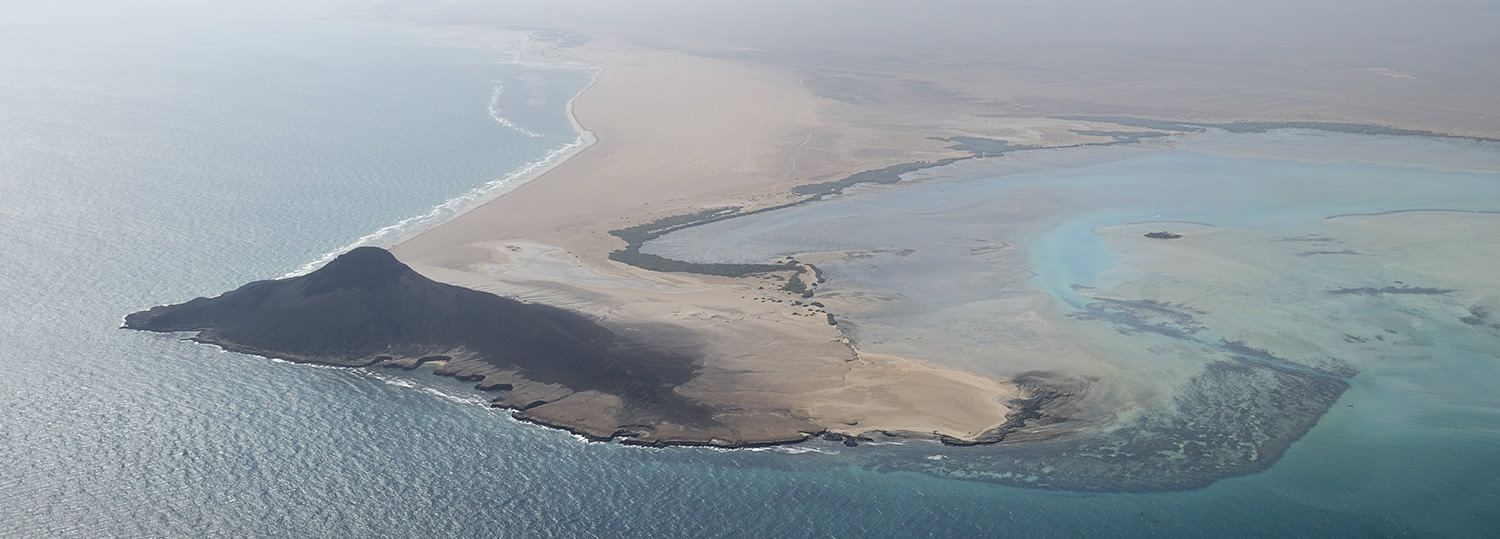
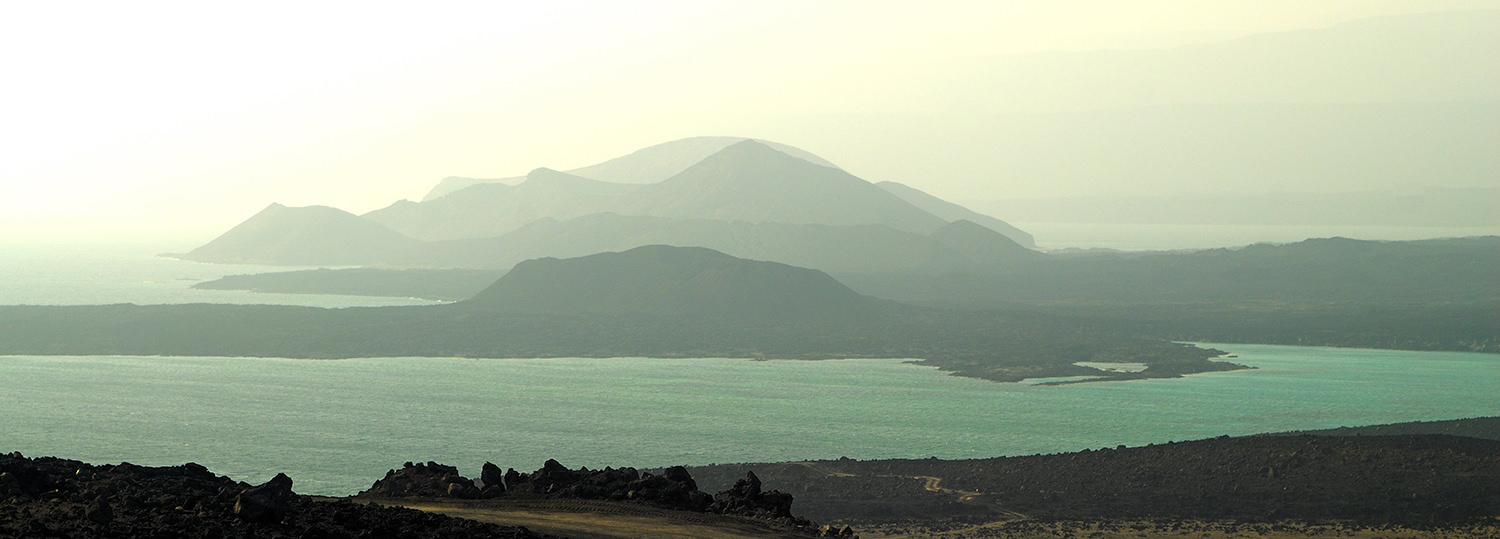
Address
608, Ruaka road, Runda-Nairobi, Kenya
Phone
+254 731 808 044
info@djiboutiembassyke.com
